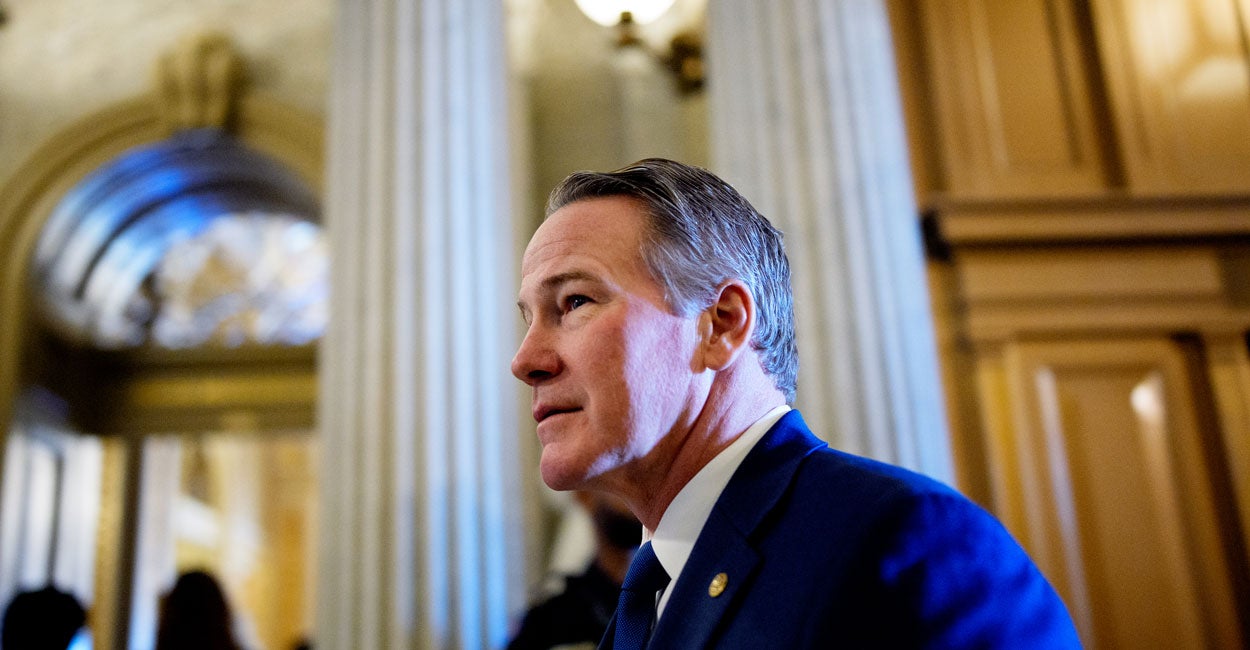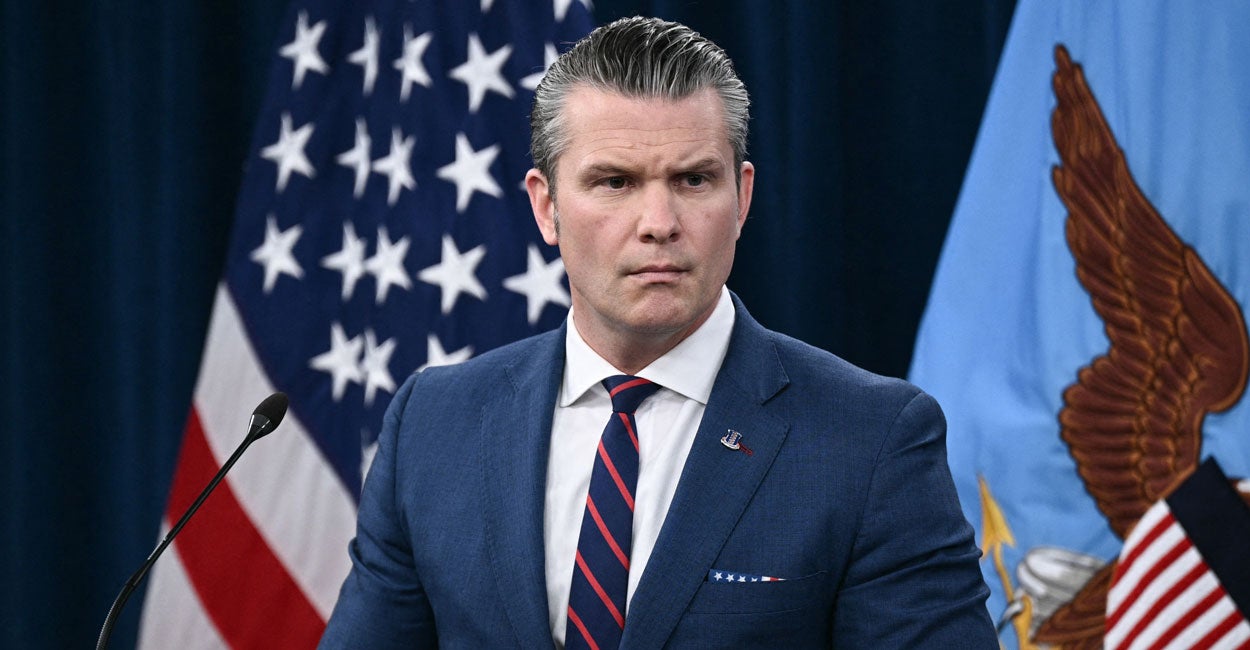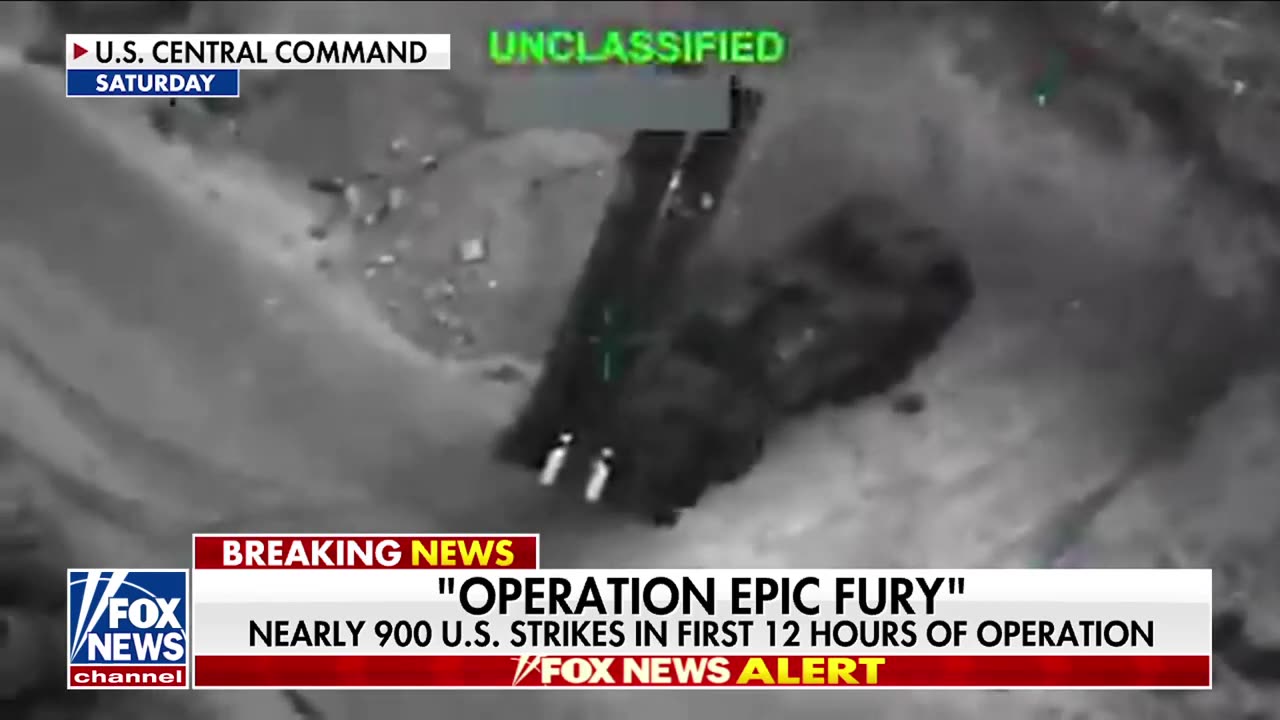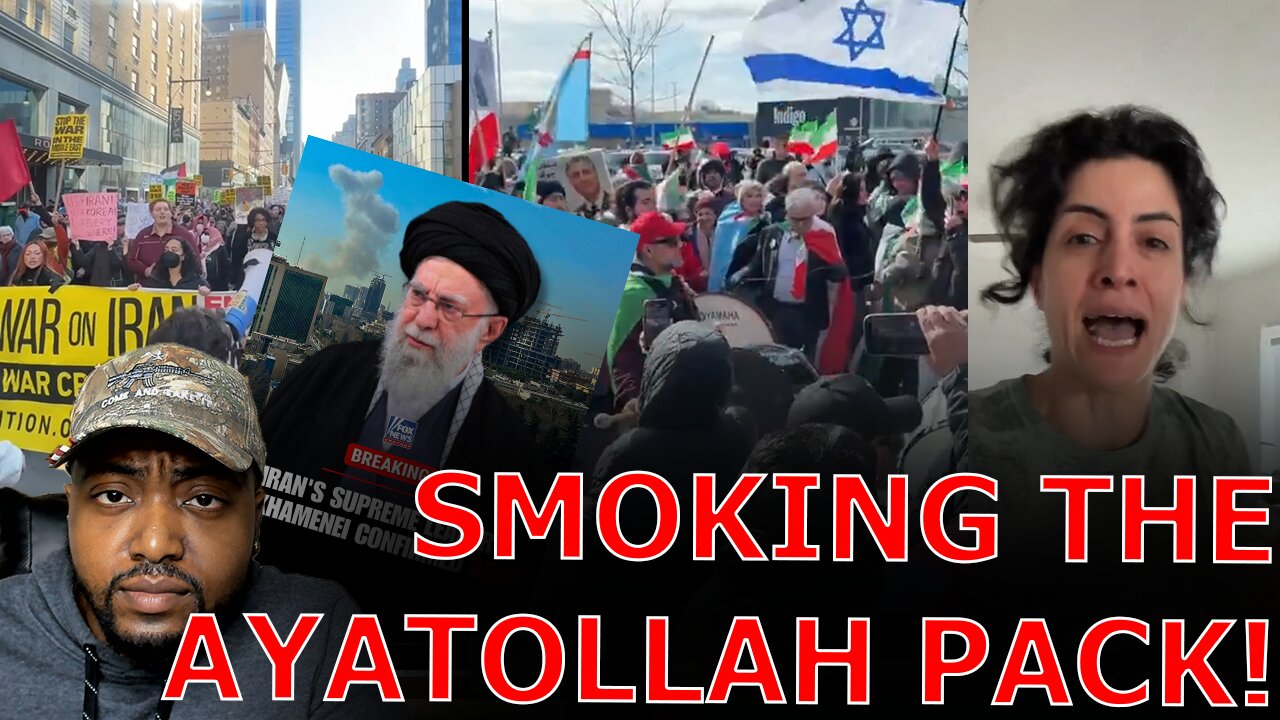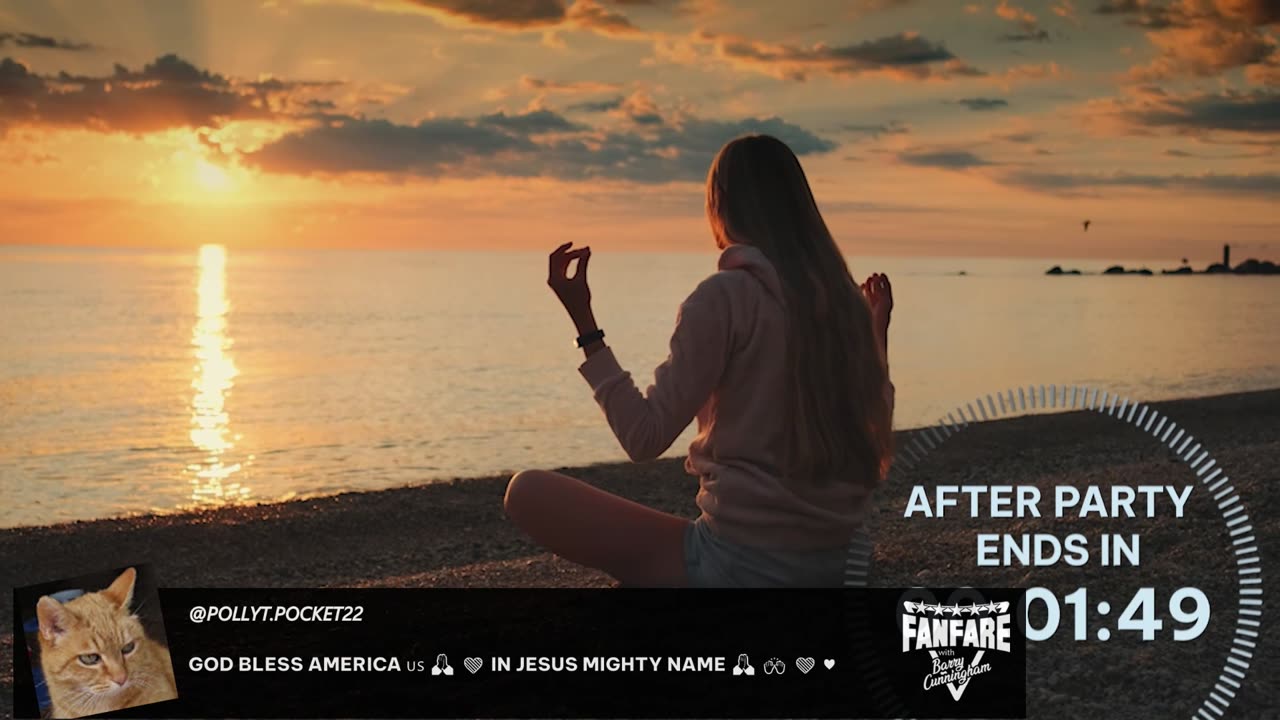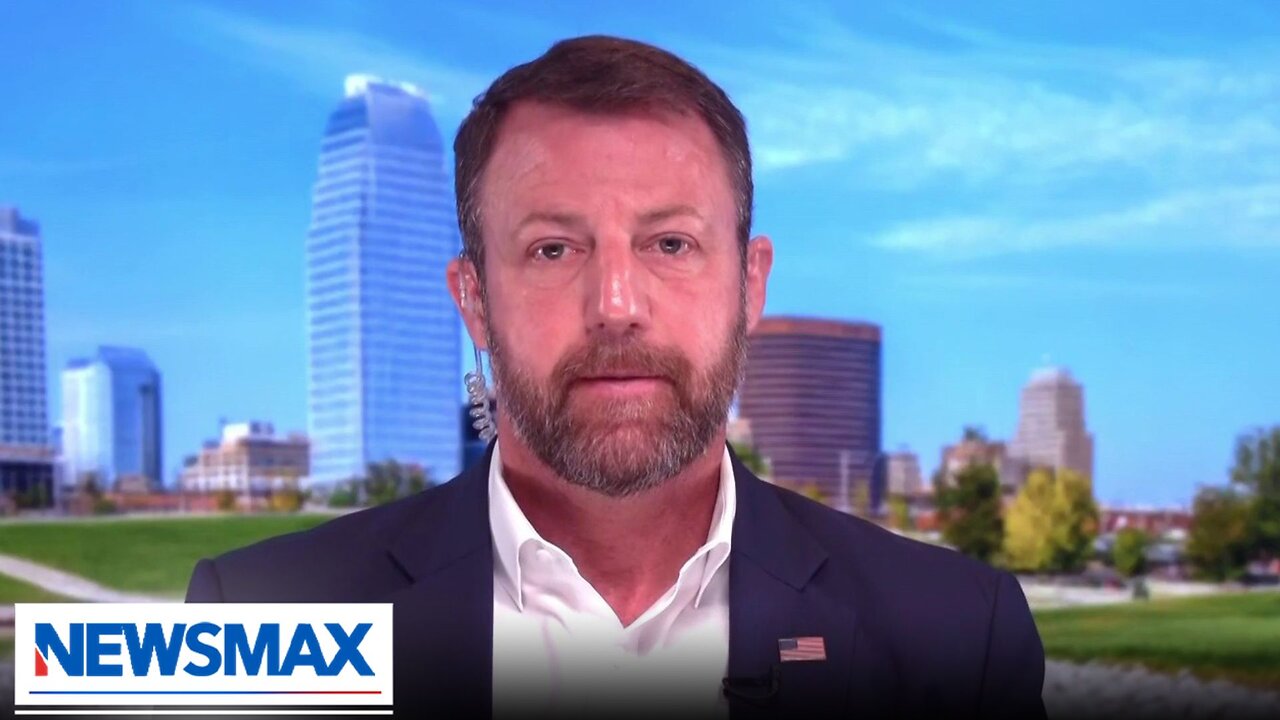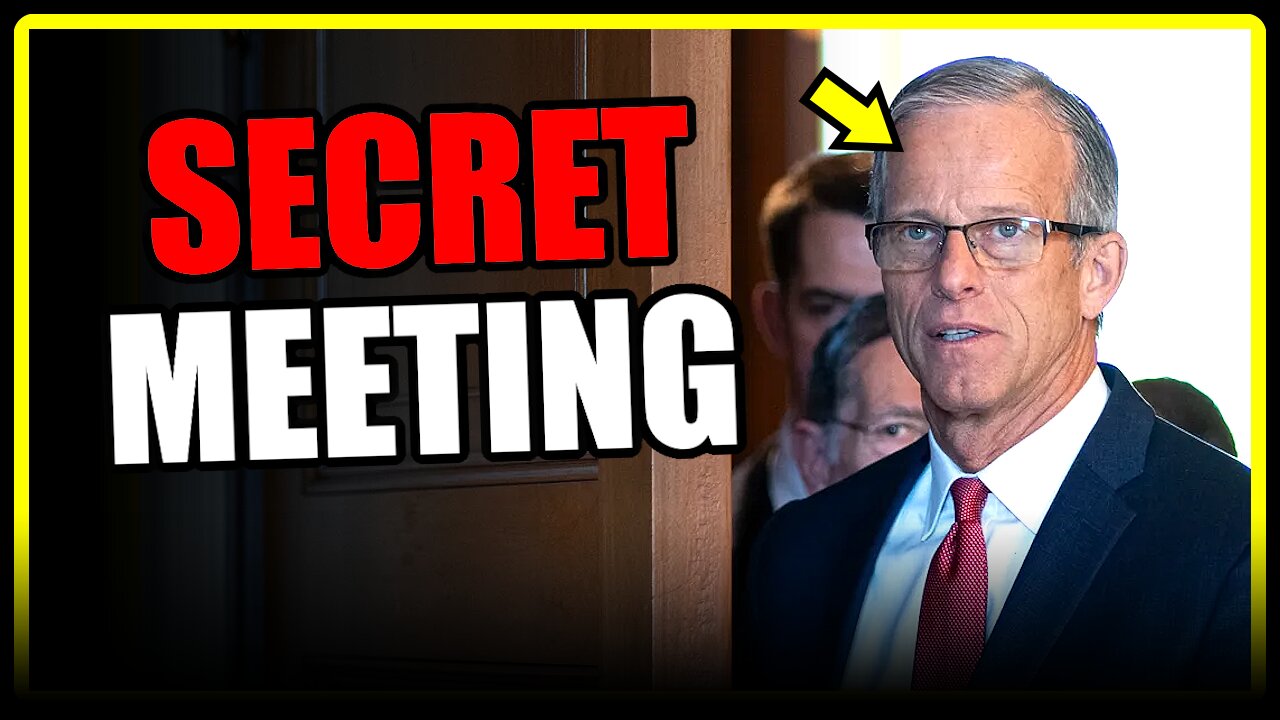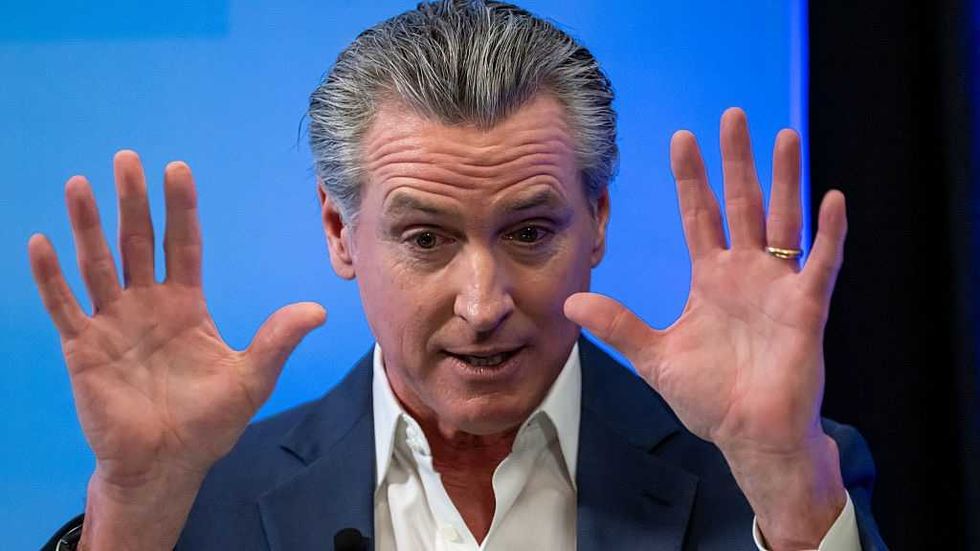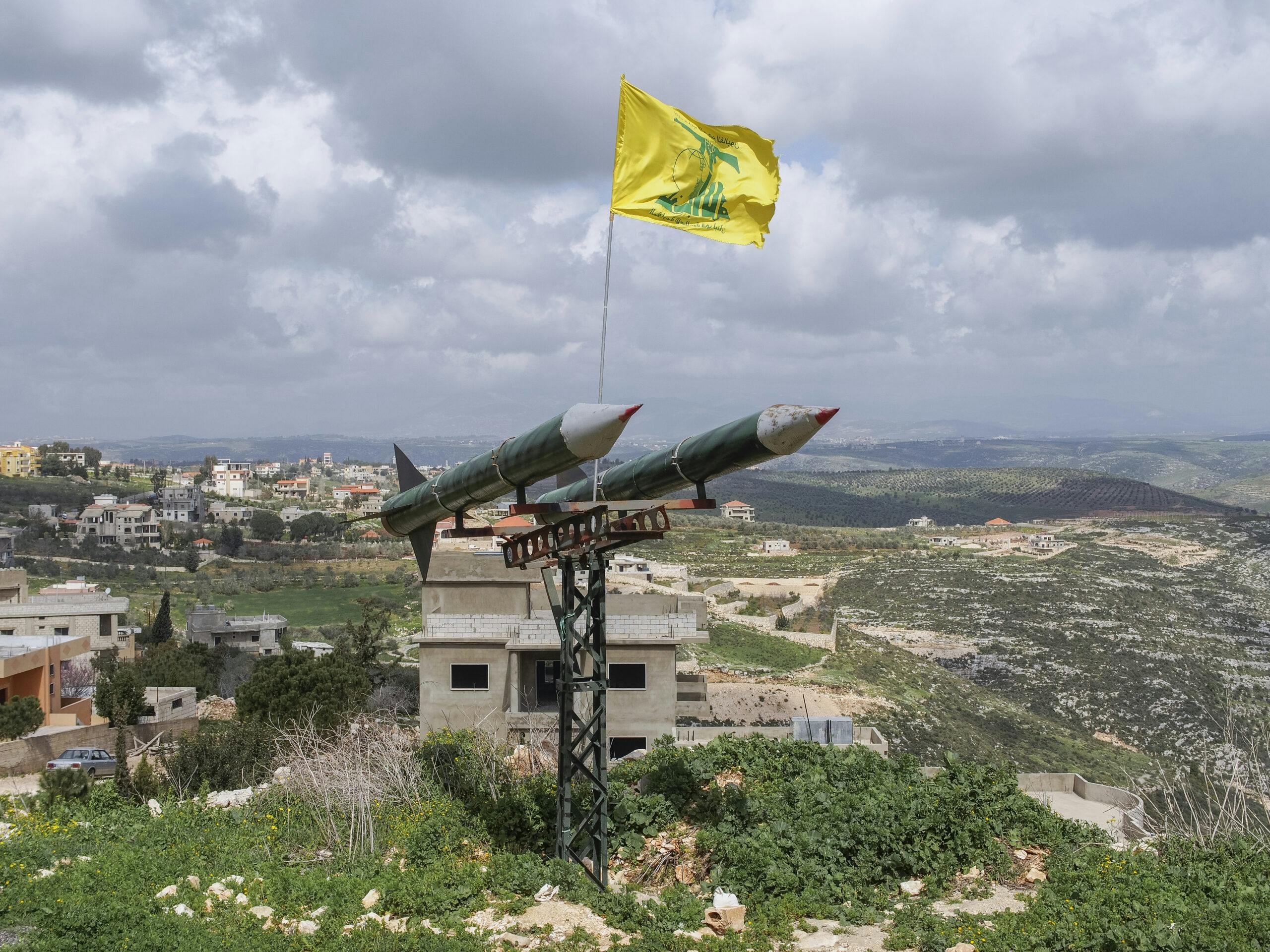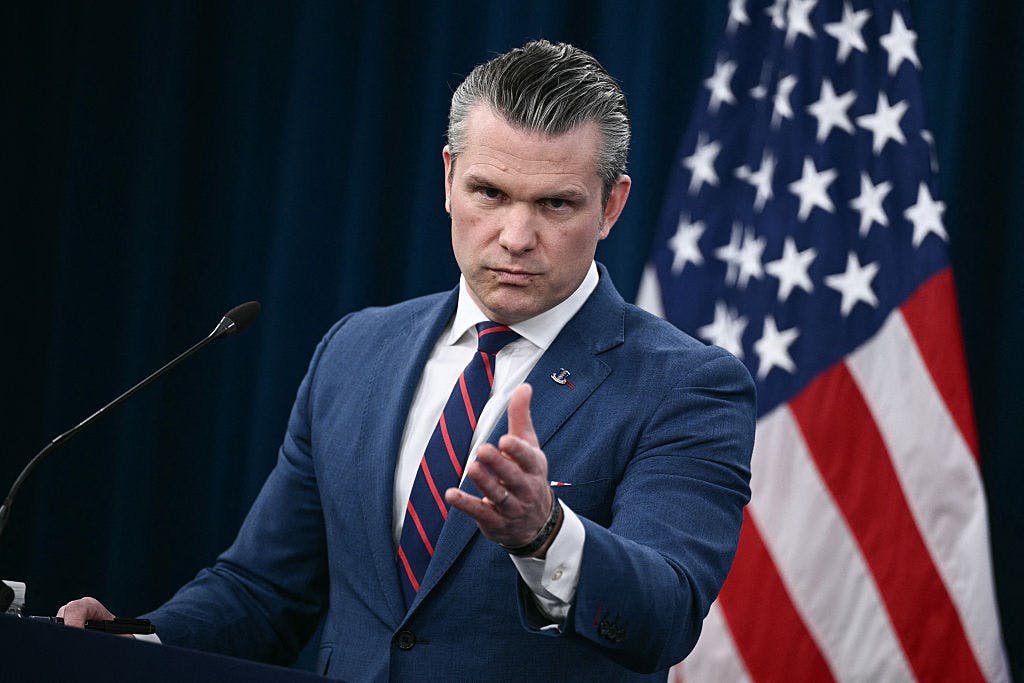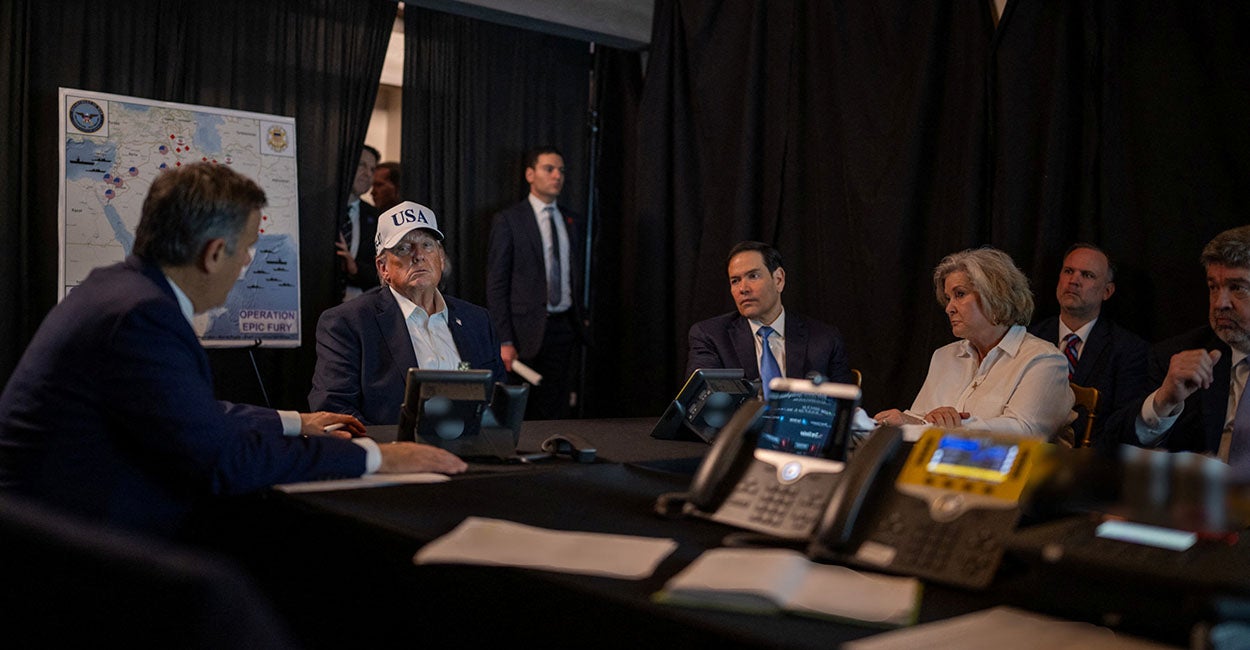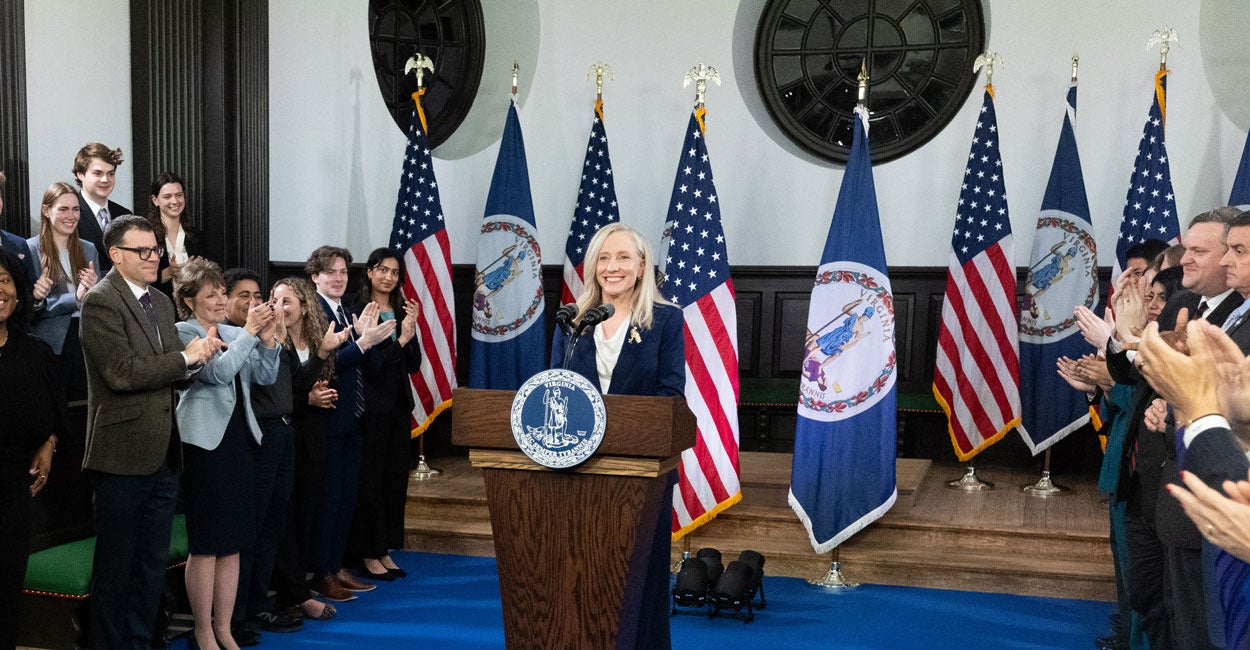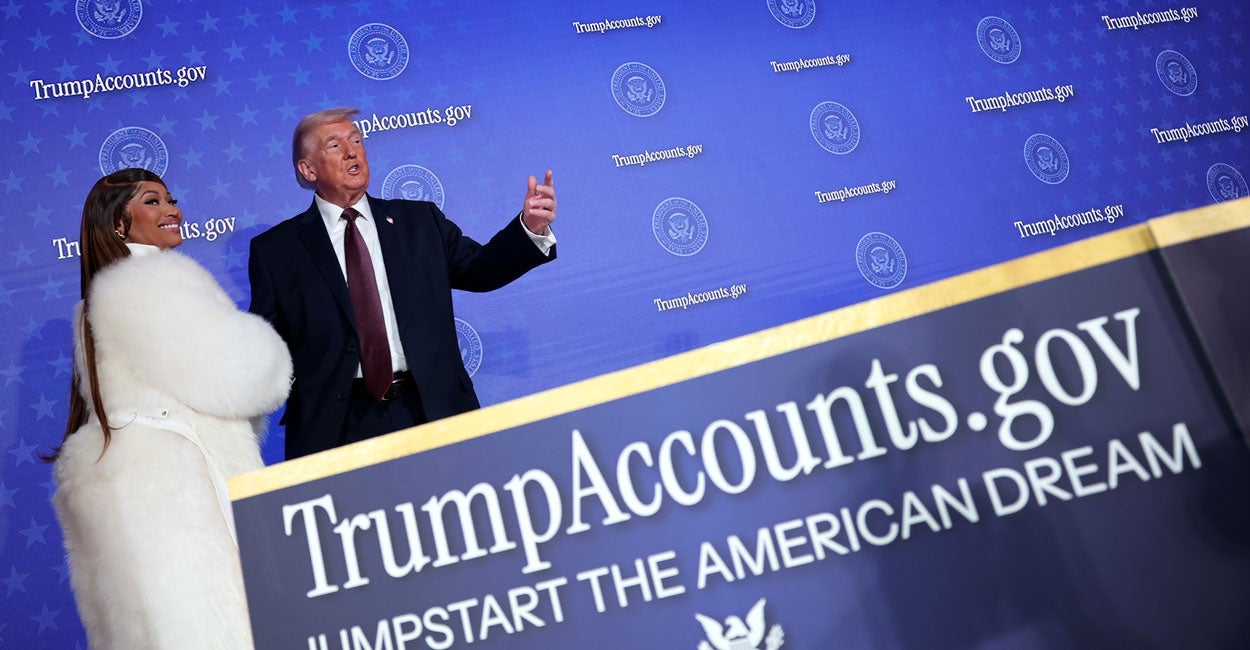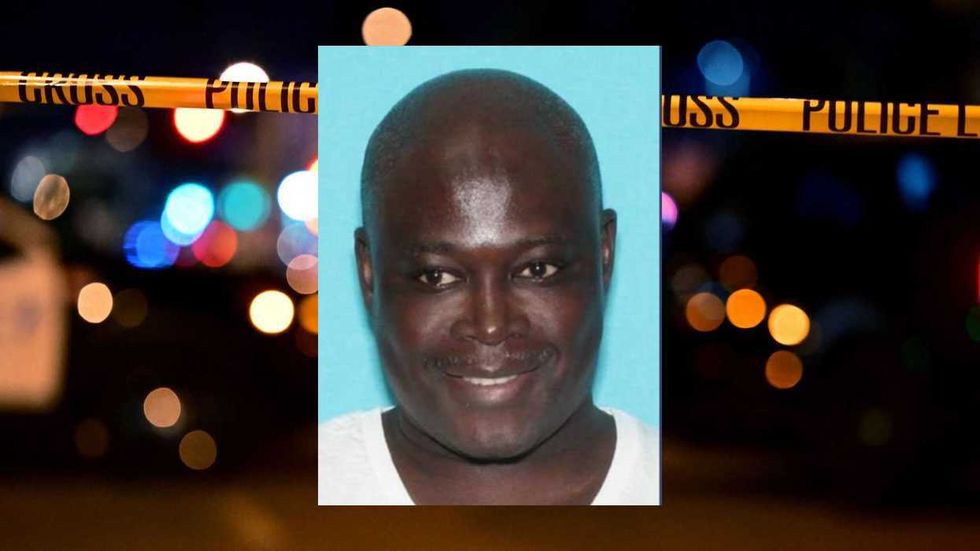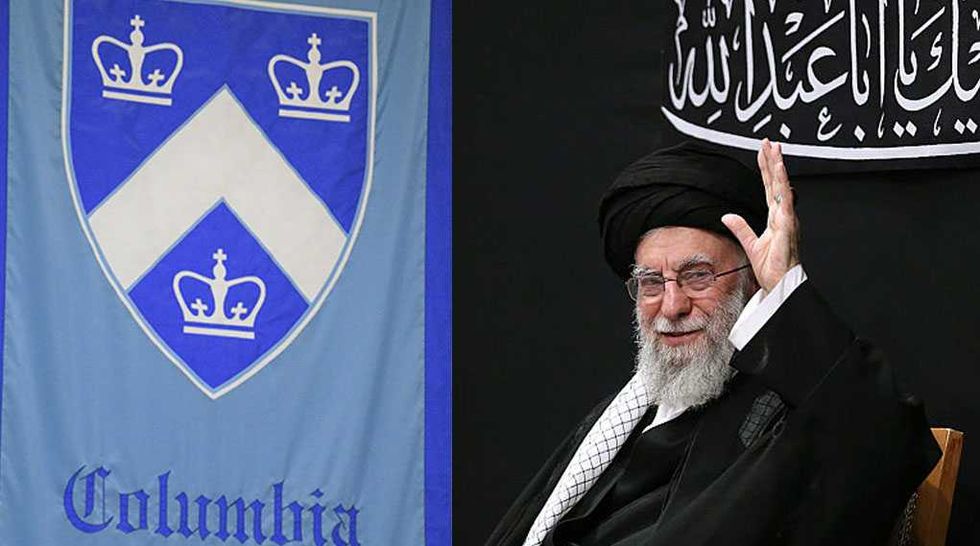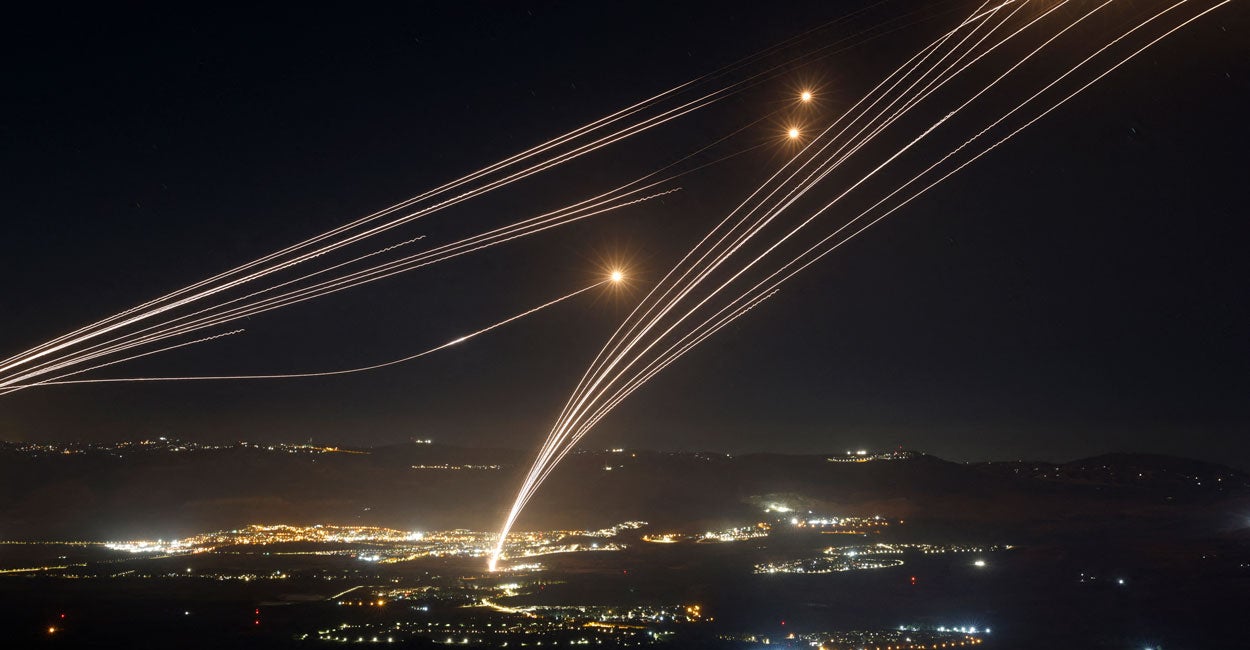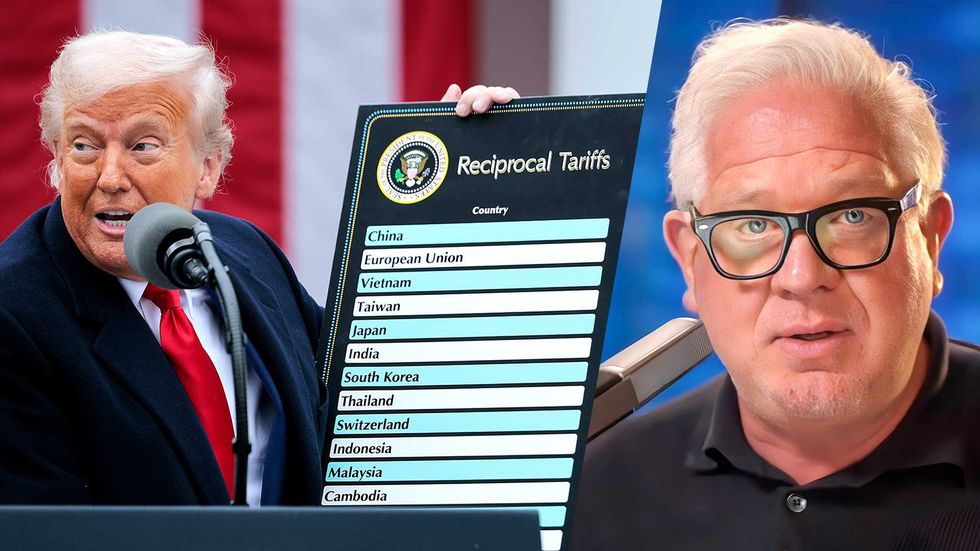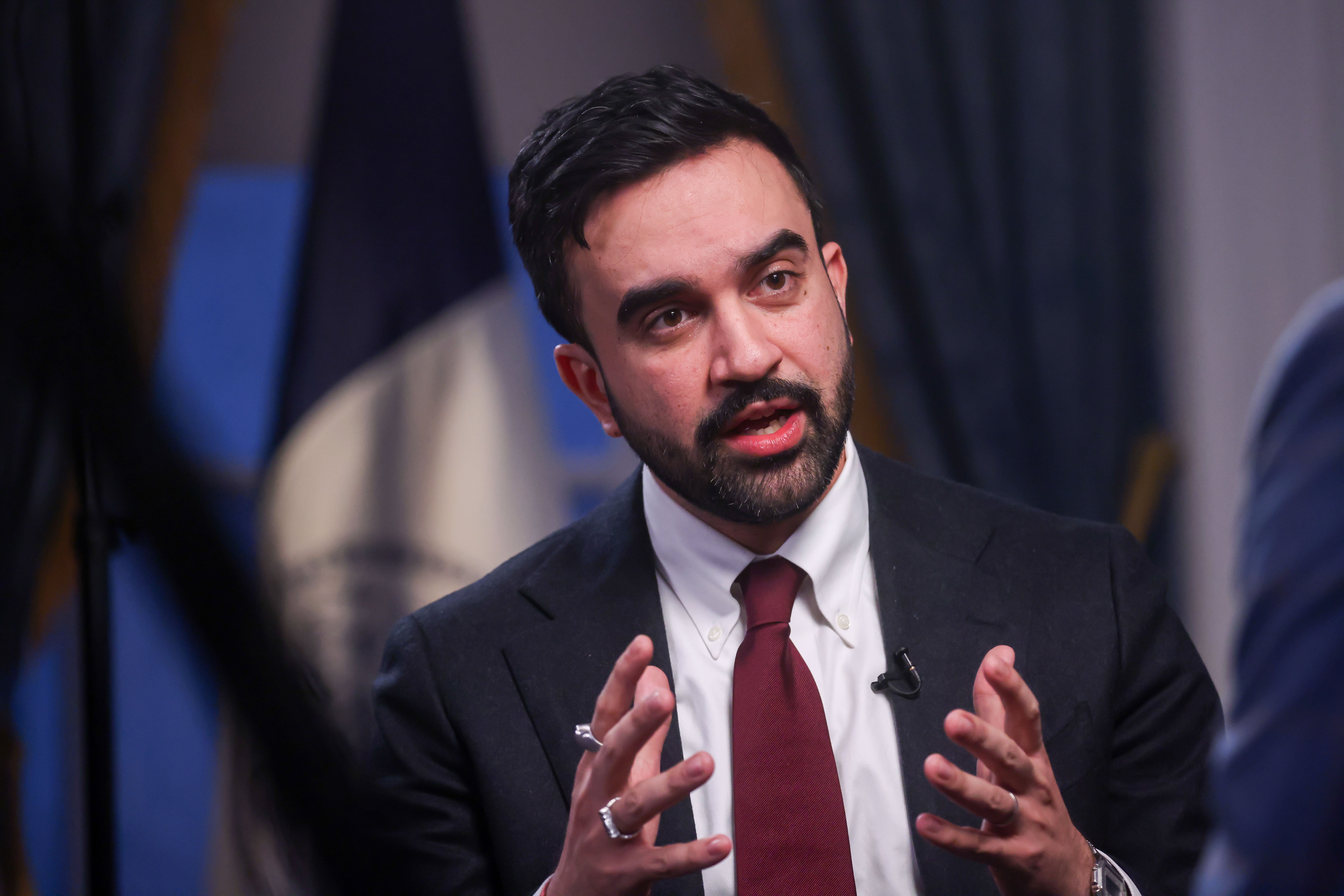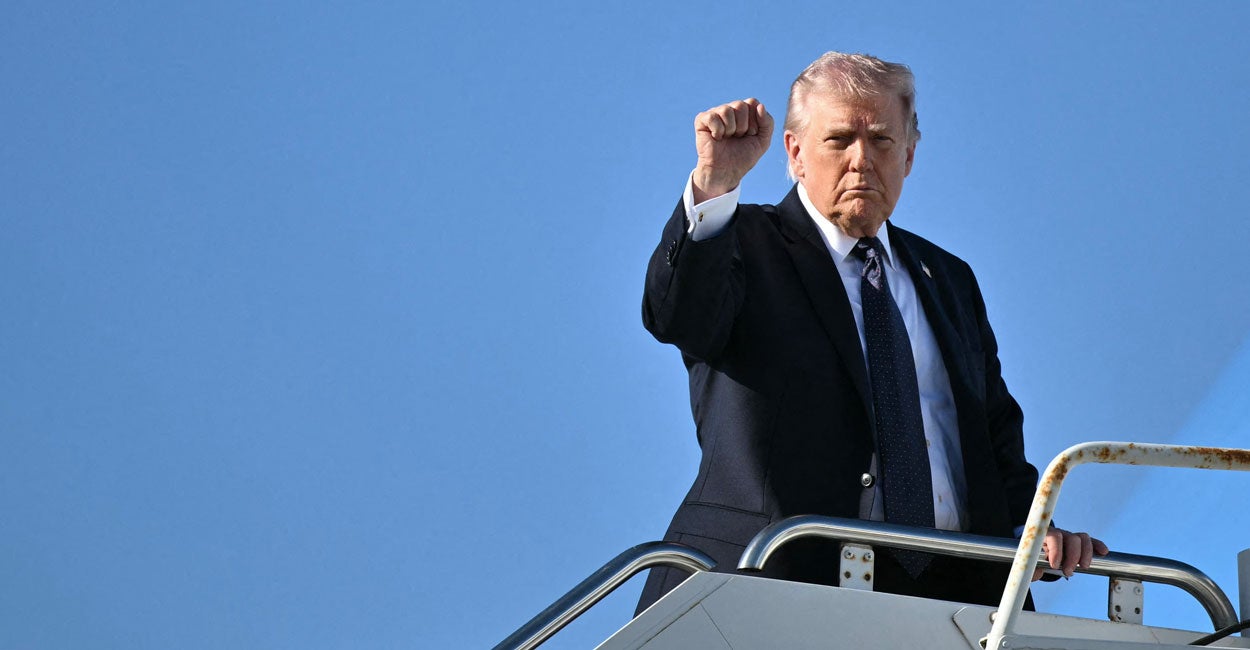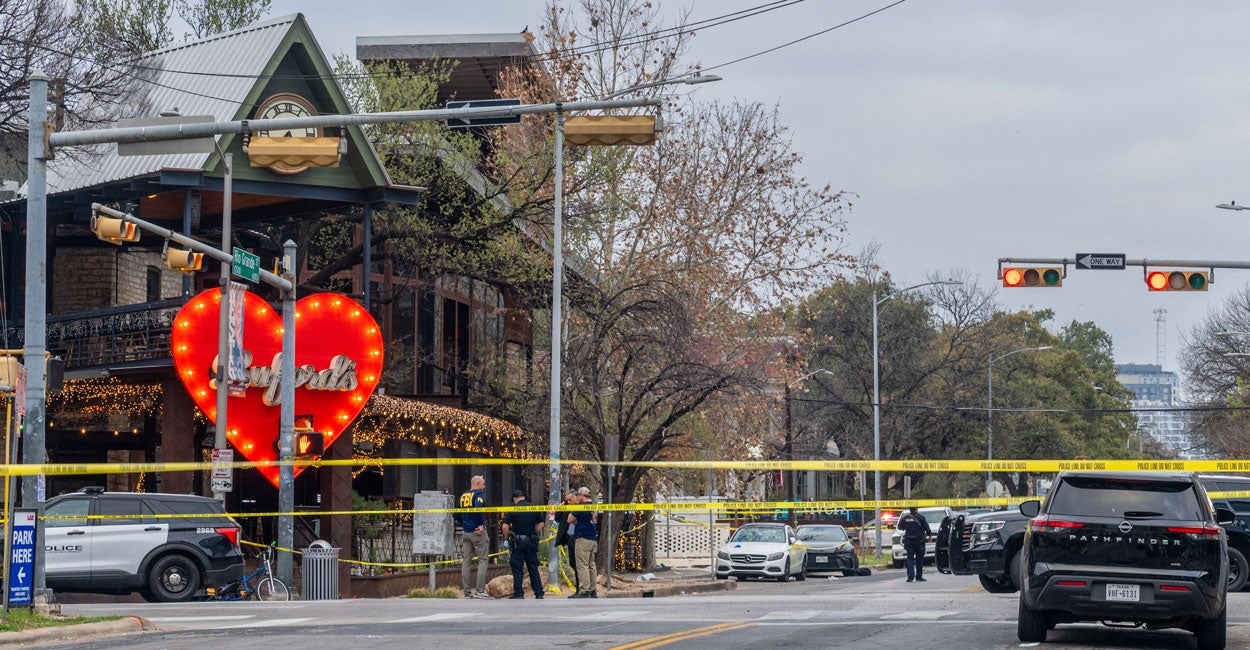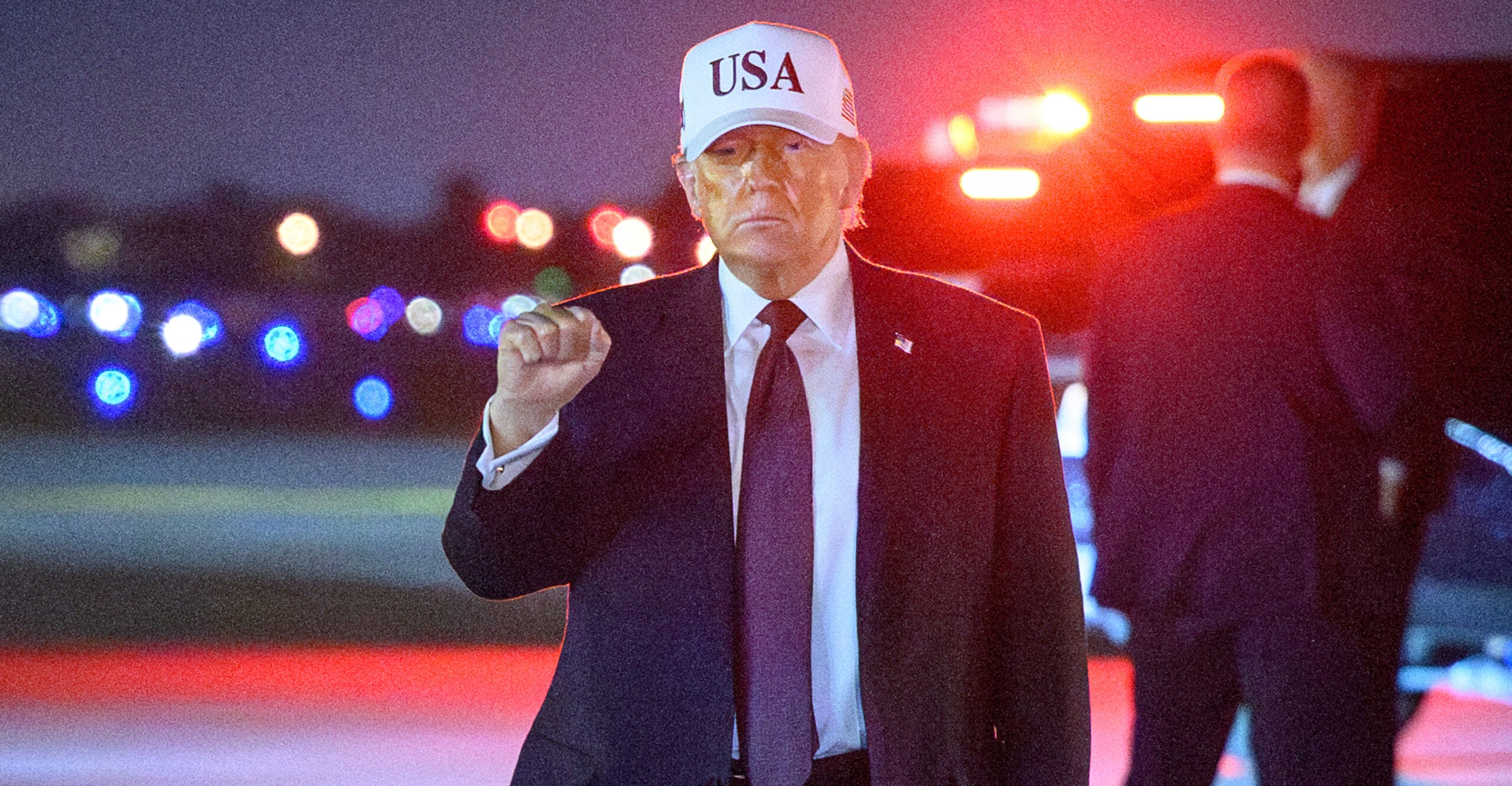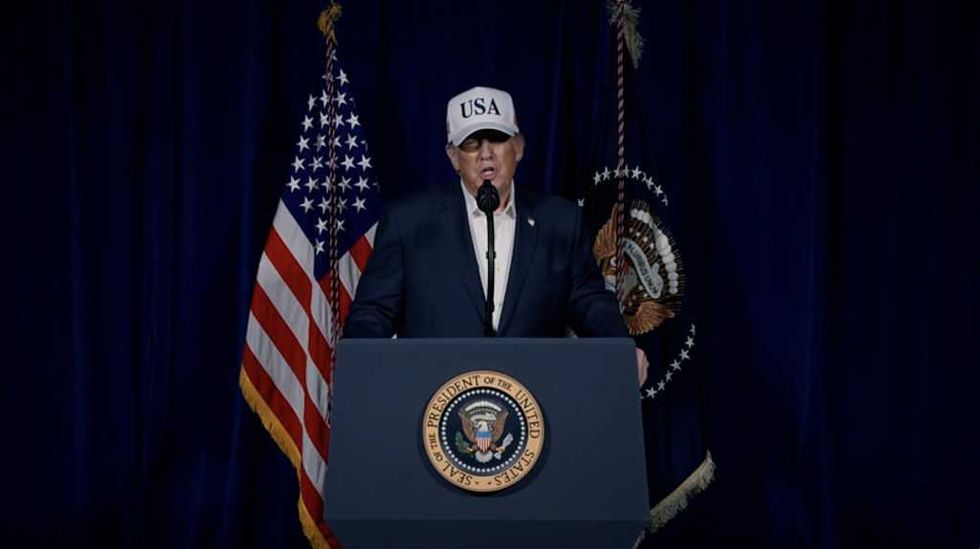Panel Discussion Exposes Rift Between Catholic Clergy and Immigration Enforcement
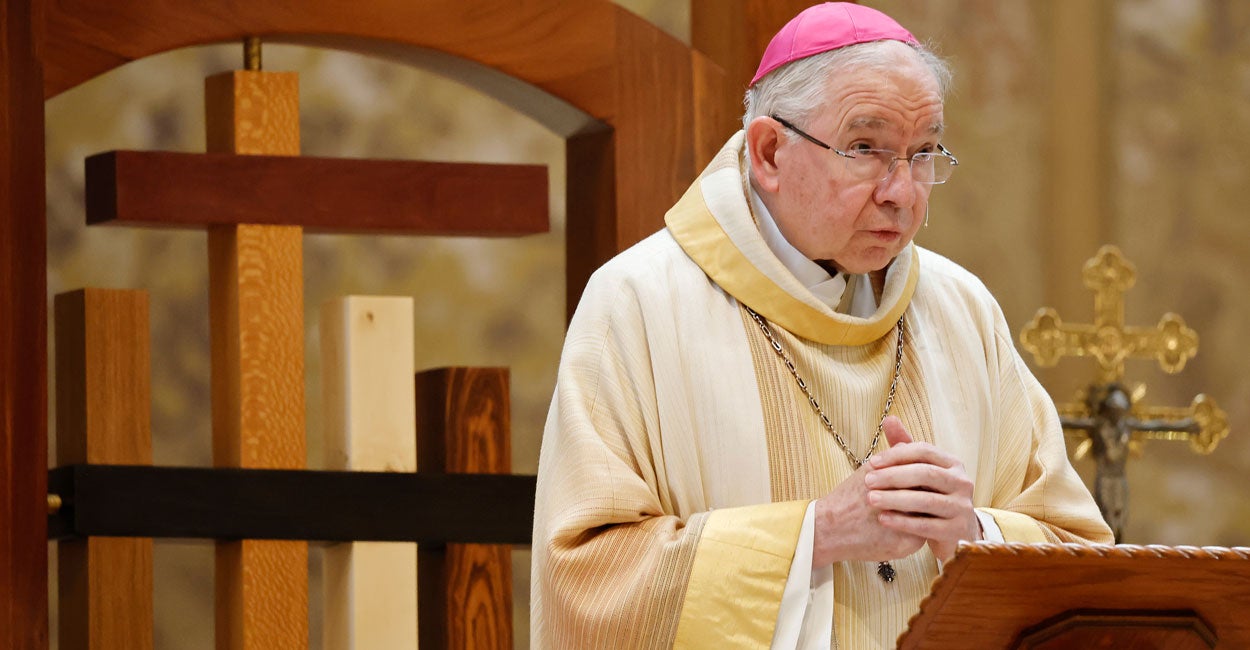
A recent event featuring prominent Catholic bishops underscored the tension between the enforcement of American immigration law and the priorities of some leaders of the Catholic Church.
Live Your Best Retirement
Fun • Funds • Fitness • Freedom
At a panel discussion on Sept. 11 at Georgetown University, Catholic clergy sounded off on the Trump administration’s policy of mass deportations.
“We can say that, really, the church is mostly a ministry of immigrants. We have Masses and celebrations in more than 40 languages here,” Archbishop José Gomez of Los Angeles told the panel on a video conference call.
The archbishop also indicated that a significant number of the Catholics who showed up for Mass in Los Angeles are illegal aliens.
“A lot of the priests are telling me here in the archdiocese at least 30% of the people attending Mass are not coming anymore,” the archbishop explained.
Gomez appeared to acknowledge that his support for illegal immigration was not shared by everyone in the U.S.
“So, I think we all need a kind of a conversion about immigration. It is true that we need to protect our borders, that’s for sure. But at the same time, the immigration, the immigrants, have been part of the history of the United States from the very beginning,” the archbishop said.
Gomez is among the most prominent American Catholic prelate in the United States as the overseer of the largest diocese in the country.
Bishop Mark Seitz of El Paso, Texas, who chairs the U.S. Conference of Catholic Bishops’ Committee on Migration, described the Trump administration’s enforcement of immigration law as one of inspiring fear in illegal immigrants.
“Prayer moves us to action, and that’s what we ought to be doing, too, by, by our support, our love, our accompaniment, by being present to people who have been terrorized by the actions of the government right now.”
Archbishop Thomas Wenski of Miami said the 9/11 terrorist attacks had affected Americans’ views on immigration.
“[E]ver since the World Trade Center [terrorist attacks], America has been in a bad mood, and also, it seems, you know, the fear of national security. So, our immigration problem programs have been reinterpreted as a problem of national security, and so we’re afraid of terrorists infiltrating us by coming across the border illegally,” the archbishop said.
The Catholic cleric added that economics were a driving force for immigration to the United States.
“You know, during the recession … of the late 1990s, we didn’t have much of a problem on the border because there were no jobs here. And so, the people are coming because they’ve been attracted by something,” Wenski contended, adding, “There’s something that’s pulling them here, and we don’t have the figures to—we don’t have the systems in place to—regulate that or to accommodate that.”
“And so we have a problem in which we have people being broken by the law and not breaking the law so much,” the archbishop continued.
Evelio Menjivar-Ayala, auxiliary bishop of Washington, referenced his own story as a former illegal alien to the United States from El Salvador. Menjivar-Ayala was smuggled into the U.S. in the trunk of a car through the southern border when he was 19.
“This issue for me is very, very personal. Because I was a stranger, and you welcomed me,” Menjivar-Ayala said.
Menjivar-Ayala’s boss, Cardinal Robert McElroy, the archbishop of Washington, is known for opposing the mass deportation of illegal aliens. Nongovernmental organizations affiliated with the Catholic Church and Christianity more broadly have been accused of helping facilitate illegal immigration into America.
The post Panel Discussion Exposes Rift Between Catholic Clergy and Immigration Enforcement appeared first on The Daily Signal.
Originally Published at Daily Wire, Daily Signal, or The Blaze
What's Your Reaction?
 Like
0
Like
0
 Dislike
0
Dislike
0
 Love
0
Love
0
 Funny
0
Funny
0
 Angry
0
Angry
0
 Sad
0
Sad
0
 Wow
0
Wow
0

